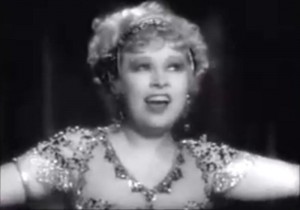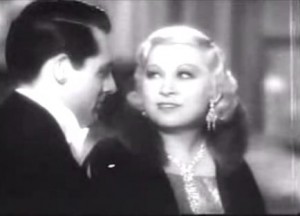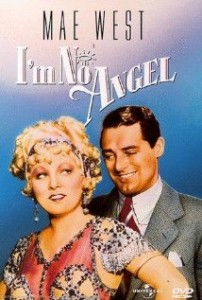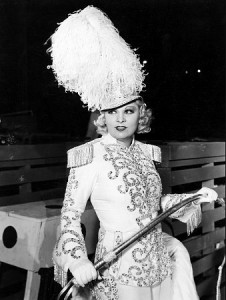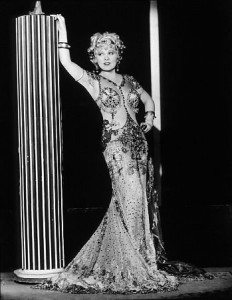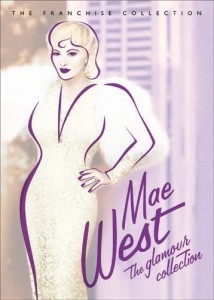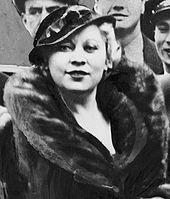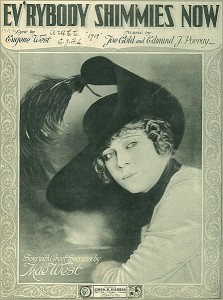I’m No Angel **** (1933, Mae West, Cary Grant) – Classic Movie Review 1272
Director Wesley Ruggles’s immortal 1933 comedy stars the monumental Mae West at her peak in her third motion picture, playing Tira, a carnival performer romancing Jack Clayton (Cary Grant) as she sings five tunes, trains a lion (very impressive this) and gets off a murder rap.
Mae West is on her most devastating, wittiest form as performer and sole story and screenplay writer, and deviser of those famous, near-the-knuckle doubles entendres one-liners in one of her few Pre-Production Code movies, liberated from so-called do-gooders so that it was not subjected to heavy censorship. It was certainly way too near-the-knuckle for America’s League of Decency, which had her and her kind of film directly in their censorship sights.
West’s ribald satire certainly outraged the moralists and she was one of the factors for the strict Hollywood Production Code that soon followed. As it was, the Hays Office forced a few changes, including changing the title of the song ‘No One Does It Like That Dallas Man’ to ‘No One Loves Me Like That Dallas Man’.
The young Cary Grant has a good time in his second picture playing West’s leading man and so does Edward Arnold as the carnival boss, Big Bill Barton. The 1930s public loved it, and it has worn very nicely, thank you, and still ribaldly funny after all these years.
The old vaudeville performer West really knows how to vamp out those songs: ‘They Call Me Sister Honky Tonk’, ‘Nobody Loves Me Like That Dallas Man’, ‘I Found a New Way to Go to Town’, ‘I Want You, I Need You’ and the title track ‘I’m No Angel’ (sung by West at the end and during the closing credits).
Released immediately after She Done Him Wrong (1933) when West was America’s biggest box-office attraction and its most controversial star, I’m No Angel was the most popular movie in the US in 1933. Depression-era audiences responded to the idea of the success of a woman from the wrong side of the tracks and West was so popular at this time that her films saved Paramount Pictures from bankruptcy.
West first said ‘Why don’t you come up some time and see me? I’m home every evening’ to Cary Grant in her second film, She Done Him Wrong. It became ‘come up and see me sometime’ in I’m No Angel.
(C) Derek Winnert 2014 Classic Movie Review 1272
Link to Derek Winnert’s home page for more film reviews: http://derekwinnert.com/


